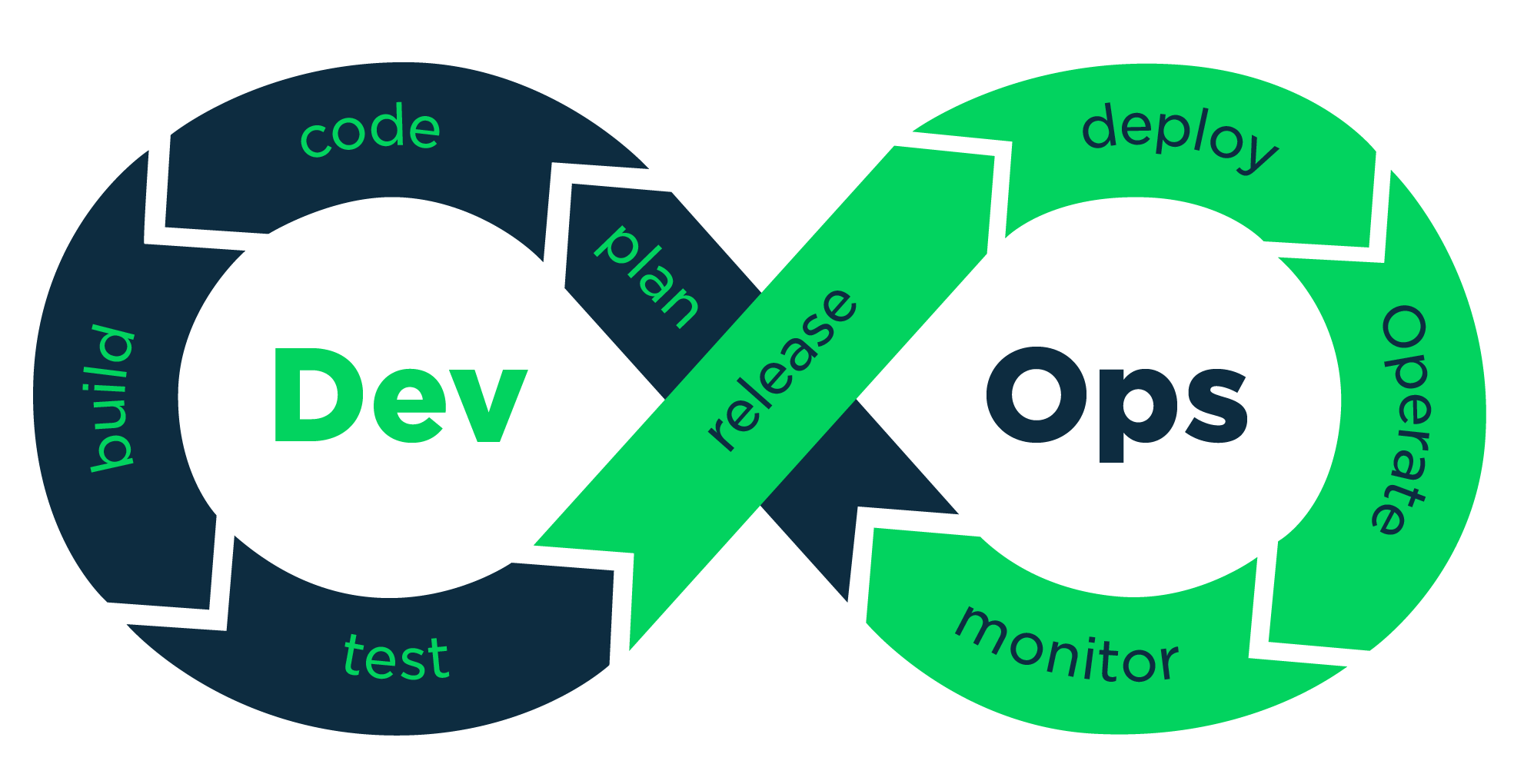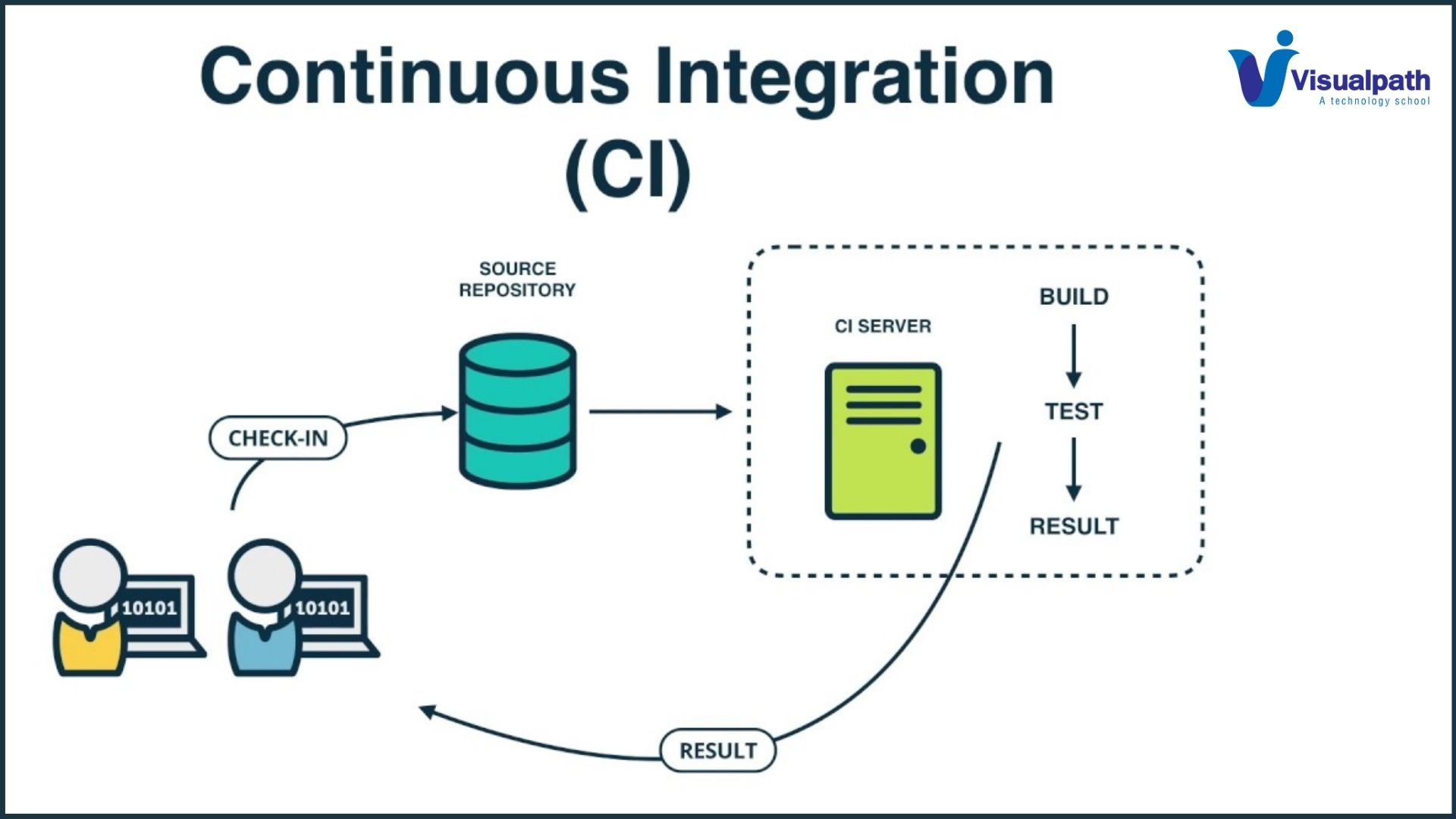Continuous Integration Conflicts: Streamlining Your DevOps Pipeline

In DevOps environments, Continuous Integration (CI) plays a crucial role in the development and deployment pipeline. CI involves regularly integrating code changes from multiple developers into a shared central repository, allowing for automated builds, tests, and validation. While the benefits of CI are widely recognized, conflicts often arise as multiple developers work concurrently on the same codebase.

CI conflicts occur when multiple developers make changes to the same portion of code, resulting in merge conflicts that must be resolved manually. This can lead to bottlenecks in the CI process, delays in merging branches, and potential regressions or bugs in the final product. To mitigate these challenges, DevOps teams must implement strategies to minimize and resolve CI conflicts.

Causes of CI Conflicts:
- Concurrent Modifications: Multiple developers working on the same code without proper coordination.
- Interdependencies: Changes in one module can ripple effects on other dependent modules.
- Merging Conflicts: When code changes from different branches are not compatible.
- Lack of Code Reviews: Code reviews can identify potential conflicts and guide developers towards cleaner implementations.
- Insufficient Communication: Lack of communication between team members can lead to overlapping work and increased chances of conflicts.
Strategies for Conflict Resolution:
- Feature Branching: Using dedicated branches for specific features or changes allows developers to isolate their work and minimize conflicts.
- Pull Requests: Code reviews and merge requests provide an opportunity to detect and resolve conflicts before they reach the main branch.
- Continuous Integration Tools: CI tools can automatically detect and report conflicts, allowing developers to address them promptly.
- Conflict Resolution Tools: Merge tools such as Git diff and conflict resolvers can assist in resolving complex conflicts.
- Communication and Coordination: Regular communication, code reviews, and planning meetings help prevent conflicts from arising in the first place.
By adopting these strategies, DevOps teams can streamline their CI pipelines and mitigate the impact of conflicts. This improves code quality, shortens development cycles, and reduces the risk of introducing bugs or regressions into production systems.
